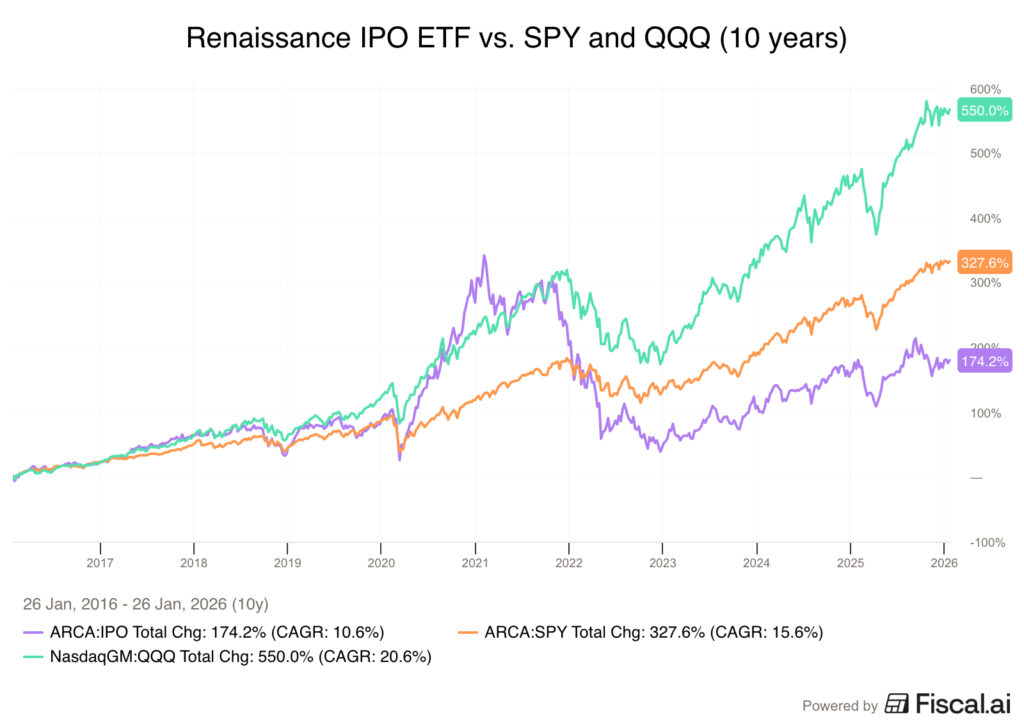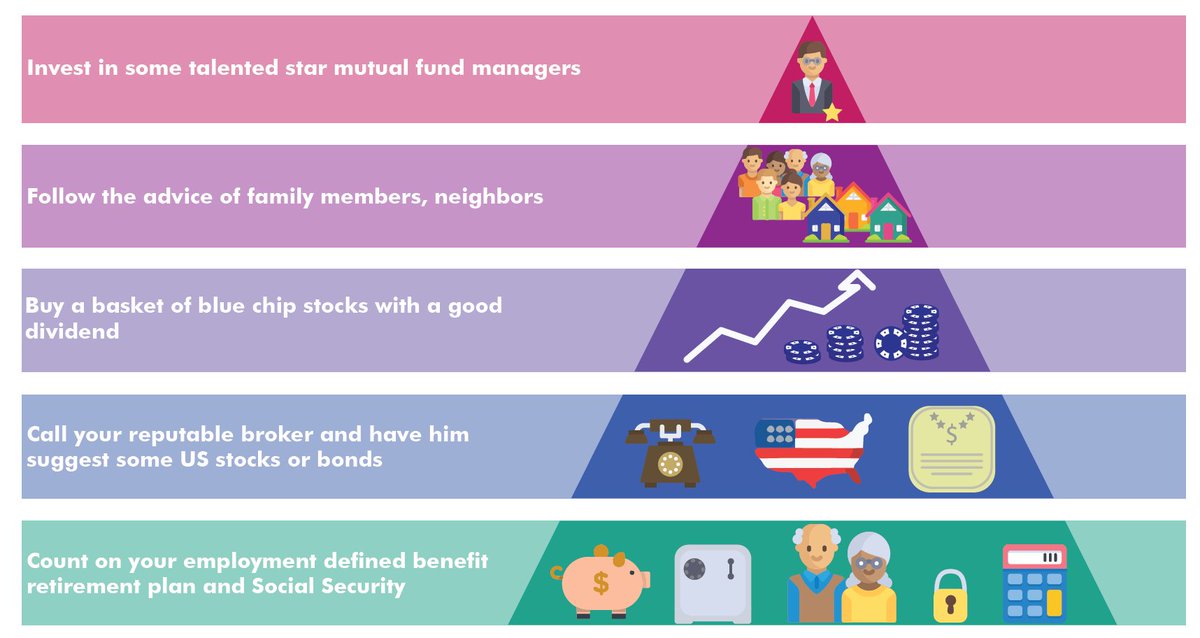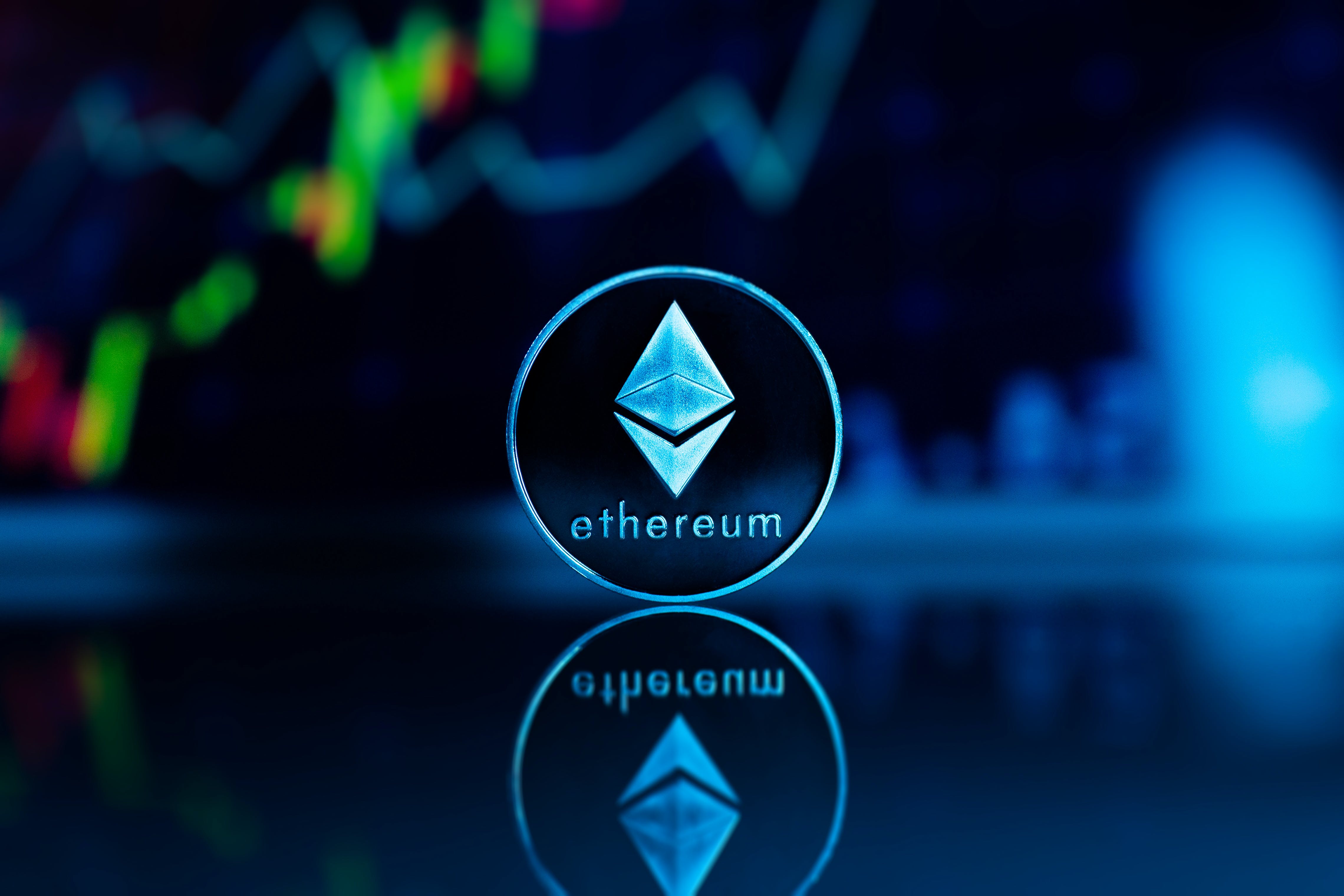Mastercard Credit Card jbk_photography
Mastercard (NYSE:MA) is a stock I’ve always wanted to own but could never buy at a price I found acceptable. The stock has always traded at relatively high multiples–especially compared to the rest of the cheap financials sector–so I never pulled the trigger.
Today, I maintain the same position on MA stock that I always have: it’s too pricey. Many investors will look at the stock’s five-year chart and declare that it’s worth it despite the high price. However, as history has shown so many times, buying stocks based on “good charts” tends to produce poor returns. Despite the incredible rally witnessed in tech stocks from January of 2023 onward, the NASDAQ-100 is still only up 10% from its 2021 highs. Those who bought tech stocks in late 2021 took an awfully long time to recover.
Now, I’m not saying that tech stocks, or stocks like Mastercard, are guaranteed to sell off again. 40 times earnings (which the tech sector is close to and Mastercard is basically already at) is pricey, but then again, all of the aforementioned are growing very rapidly. They might be worth it, but they aren’t the bargains that they were in, say, March 2020.
The question is, how do you invest your money today? 39.6 times earnings is not a valuation that any broad market index has ever held without a correction. True, AI is driving a lot of earnings growth at NVIDIA (NVDA), growth that is pulling up the entire tech sector. However, Mastercard is not a tech company–at least not primarily–and trades on the NYSE rather than the NASDAQ, so it does not benefit from NVIDIA driving interest in NASDAQ-focused funds. Therefore, the 39.6 times earnings valuation is actually a potential problem here. To the extent that stocks are worth the discounted value of their future cash flows, MA requires high growth for buying it to make sense.
Will MA actually deliver growth? Historically, it has done so, with five year CAGR growth rates of 11% in revenue, 16% in earnings and 9.5% in cash flow. These growth rates are pretty good by the standards of financials, but do they support a 39.6 times earnings/63 times book multiples? That seems less likely to be the case. Although there are examples of companies sustaining 40+ P/E ratios over very long periods of time–such as Amazon (AMZN) and Costco (COST)–they are exceptions rather than the rule. Also, Amazon has a higher five year CAGR free cash flow growth rate than Mastercard does.
Mastercard has many appealing business characteristics. It has few competitors, it has a widely recognized brand, and it makes money off the banks’ business without having anywhere near their leverage. These are all good things in and of themselves. However, investors need to ask themselves whether these virtues are already being paid for. In this author’s opinion, they are, which is why I rate the stock a ‘hold’ despite liking the company itself. That’s not to say that I expect longs to actually lose money; I’d have rated the stock a sell if I believed that. Instead, I believe that this stock will market-perform in bull and bear markets alike and, over a 2-3 year period, probably trade sideways. The following are some reasons why.
What’s Needed To Justify 40 Times Earnings
Mastercard trades at 39.6 times GAAP earnings and 38 times adjusted earnings. Because investors should always figure conservatively, I will use the GAAP earnings for the remainder of this article, as it is the one that helps the bullish case less.
Stocks are valued, theoretically, on their future cash flows, discounted back to the present. “Discounting” is the process of estimating a company’s future annual cash flows and dividing each one by one plus the discount rate, raised to the power of years elapsed. “Discounted cash flow valuations” are valuations based on taking such sets of cash flows and adding them up. Every investment has an opportunity cost (the discount rate), and that compounds just like the investment itself does. DCF valuation theoretically is as simple as adding up an investment’s future cash flows, just with an adjustment for opportunity cost.
As mentioned previously, Mastercard trades at about 40 times earnings. The price/cash flow multiple is nearly identical. The following are some hypothetical DCF valuations that support a 40 times earnings/free cash flow valuation, and some that don’t:
| Scenario | Supports a $468.49 price? | Rationale |
$11.54, 4.3% discount rate (“DR”), 0% growth. | No ($268.37 estimate). | MA’s TTM free cash flow (“FCF”) per share, discounted at 10 year treasury yield. |
$11.54, 10.3% DR, 0% growth. | No ($112.03 estimate). | Same as the previous scenario but with a 6% risk premium. |
$11.54, 10.3% discount rate (“DR”), 20% growth for five years followed by 5% perpetual growth. | No ($423 estimate) | Same as the previous scenario but with high assumed growth. |
$11.54, 8% discount rate (“DR”), 10% growth for five years followed by 5% perpetual growth. | Yes ($501 estimate) | Similar to the previous scenario but with the discount rate lowered due to the less aggressive forecast. |
$11.54, 7% discount rate (“DR”), 5% perpetual growth. | Yes ($602 estimate). | Similar to the previous scenario but with the discount rate lowered due to the less aggressive forecast. |
To summarize the table above: MA is not worth its current stock price in any 0% growth scenario, nor in a high growth scenario with a high risk premium (the more aggressive your growth forecast, the higher the discount rate you should use, as forecasting growth introduces high uncertainty into your model). Curiously, the stock starts being worth the investment in moderate/low growth scenarios with moderate risk premiums. The scenarios above basically say, “if the certainty of MA’s future growth is high, then the stock is worth the investment; otherwise it isn’t.” So, let’s try to find out where MA is going to find itself in the future.
Competitive Landscape
One of the things MA has going for it right now is a strong competitive position. It only has three true competitors in the United States. Below you can see a list of Mastercard competitors, courtesy of Craft.co.
MA competitors (Mastercard)
Now, your first reaction might be that “this is five competitors not two,” but on close inspection, only three of the five turn out to be actual competitors.
Visa (V) issues credit cards in the United States and globally; is a true Mastercard competitor.
American Express (AXP) issues credit cards in the United States and (to a lesser extent) globally. This company is a true Mastercard competitor.
Discover Financial (DFS) is a bank that manages its own payment network. Its entire credit card network is proprietary, making it a true Mastercard competitor.
Capital One (COF) is a bank that offers credit cards. It uses Mastercard exclusively for credit card processing, making it a partner rather than a competitor to MA.
PayPal (PYPL) is a company that manages its own online payment service, and also facilitates credit card transactions. Customers without PayPal accounts have to use credit cards to pay a PayPal vendor, so PYPL is not a head-to-head MA competitor. The “credit cards” page on PayPal’s website only shows images of Mastercards, which indicates that PayPal’s MA relationship is exclusive for card issuance (it accepts all major cards for payment acceptance).
Of the five companies listed above, only three are major MA competitors. One is not a competitor at all, and another is partially a competitor and partially a partner. On the whole, Mastercard faces minimal competition, and the network effects in the credit card industry argue that this will continue.
Factors that Could Limit Credit Card Industry Growth
When a company has a strong competitive position in a growing industry, it tends to grow at least as much as that industry does. So as long as credit card fee growth is strong, MA’s growth should be strong. So, we need to look at some factors that pose a threat to growth in credit card fees.
Factor #1: economic crises. People typically use credit cards less when the economy takes a dip or the financial sector acquires a reputation for being untrustworthy. They prefer cash in these situations. MA’s revenue dipped 9.3% in the 2020 COVID bear market, while earnings dipped 21%. In 2008 and 2009, revenue surprisingly increased slightly, but 2008 earnings were negative.
Factor #2: increased competition. Although Mastercard has a strong competitive position within credit cards, fintech alternatives do pose somewhat of a competitive threat. For example, PayPal, while being a Mastercard partner in some ways, does not have to pay Mastercard any fees when customers spend balances already on their PayPal accounts. Crypto also poses such a threat to the extent that it is actually used for shopping (it’s mostly used for speculation).
The above factors are real risks for Mastercard. However, they are relatively minor. Apart from other credit card companies, most financial services companies are Mastercard partners. Fintech and crypto pose a threat in theory, but most fintechs appear content to simply drive credit card sales rather than build the infrastructure themselves. In many ways, they are like a “marketing layer” on top of the credit card companies. So, Mastercard’s competitive position is sound.
Nevertheless, those valuation concerns remain. 40 times earnings might make sense for a monopoly, but MasterCard has at least three “true” competitors in the United States. Its earnings tend to fall in recessions. This stock probably isn’t going to crash, but I don’t see much better than market performance from it. Given current market levels, I’d expect it to trade roughly flat over the next two to three years. For me, it’s just a hold.
















